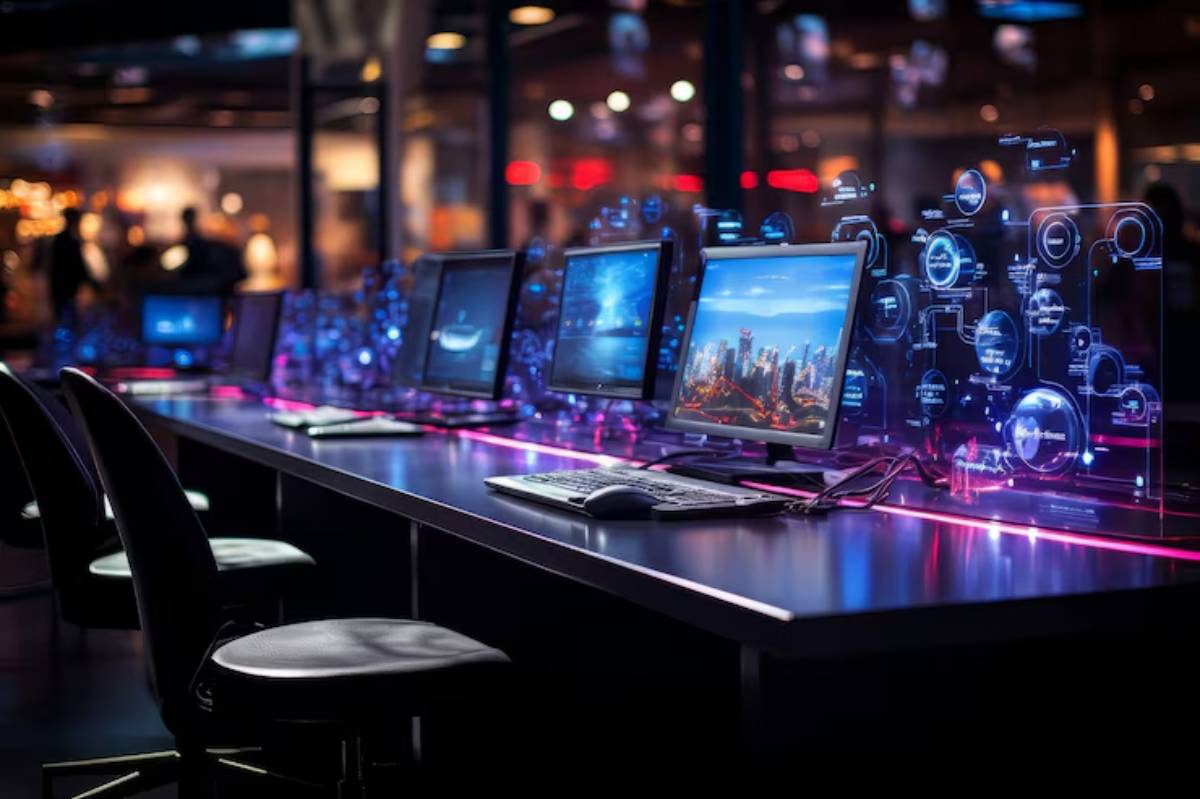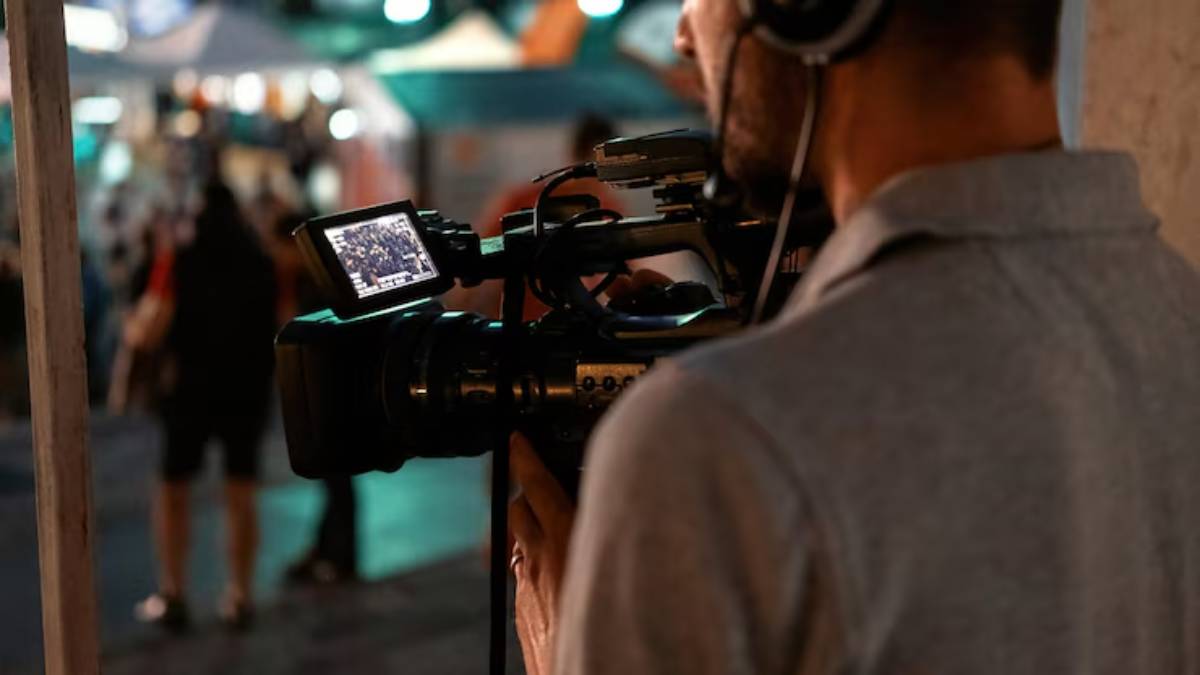
How to Become an Esports Caster
Have you ever found yourself mimicking commentators while watching a high-stakes match? Or catching yourself narrating gameplay to your friends with dramatic flair? If so, you might have the spark of a future esports caster. In the vibrant world of competitive gaming, casters are more than just narrators — they’re entertainers, educators, analysts, and hype machines all rolled into one.
This guide is your comprehensive esports commentator guide to help you understand how to become a shoutcaster and thrive in the dynamic ecosystem of casting in esports. Whether you’re starting with a local tournament stream or dreaming of the League of Legends World Championship mic, we’ll walk you through the skills, equipment, pathways, and mindset required to succeed.
Understanding the Role of an Esports Caster

What Does an Esports Caster Do?
Esports casters are responsible for delivering engaging, informative, and energetic commentary during live matches. Their key duties include:
- Describing play-by-play action in real time
- Offering insights, background, and analysis
- Building hype and managing pacing
- Relaying team narratives and player personalities
Think of them as a bridge between the game and the audience.
Types of Esports Casters
Most casting duos consist of:
- Play-by-Play (PbP) Casters: Focus on live action, reactions, pacing
- Colour Casters: Provide analysis, strategy, and player breakdowns
In smaller setups, a solo caster may perform both roles.
Skills You Need to Succeed
1. Strong Communication Skills
- Speak clearly, confidently, and with energy
- Use varied tone and tempo for emphasis
- Avoid filler words and nervous habits
2. Deep Game Knowledge
- Know the game inside and out
- Stay updated with patches, metas, and pro scene
- Learn jargon and common phrases
3. Quick Thinking & Adaptability
- React in real time to unexpected plays
- Fill airtime during lulls with relevant insight
- Transition smoothly between topics
4. Team Chemistry
- Build rhythm with your co-caster
- Practice handoffs and shared responsibilities
- Respect each other’s speaking time
5. Audience Engagement
- Learn to read chat without distraction
- Develop your own caster persona
- Tailor content to newbies and experts alike
How to Start: First Steps Toward Becoming a Shoutcaster
Practice Makes Perfect
Start by recording your own gameplay with commentary. Use tools like:
- OBS Studio or Streamlabs
- Replay features on Twitch or YouTube
Watch it back and critique yourself:
- Are you easy to understand?
- Did you add value?
- How’s your pacing?
Cast Local Tournaments
Reach out to grassroots or amateur events:
- Join Discord communities for your game
- Offer to cast community scrims or college leagues
- Volunteer for online tournaments
This builds your portfolio and confidence.
Network and Collaborate
- Join forums, Twitter threads, and casting Facebook groups
- Find a casting buddy and co-host matches
- Ask for feedback from peers and veterans
Ready to take the mic? Check out casting styles: analytical vs hype commentary.
Technical Setup: Your Caster Gear Checklist

Essential Equipment
- Microphone: XLR mic (e.g. Shure SM7B) or USB (e.g. Blue Yeti/X)
- Headphones: Closed-back studio headphones (e.g. Audio-Technica M50x)
- Audio Interface: For XLR mics (Focusrite Scarlett 2i2 or GoXLR Mini)
- PC Setup: A reliable system with streaming capacity
Software Tools
- OBS or vMix for stream management
- Discord or TeamSpeak for co-caster comms
- Notion/Google Docs for notes
- In-game spectator tools or replay systems
Building Your Voice and Delivery Style
Vocal Training Tips
- Warm up with vocal exercises (lip trills, humming)
- Breathe from your diaphragm
- Record and analyse your tone
- Avoid shouting — project with power
Style Examples
- Hype Casters: Bring passion and volume (e.g. Phreak, Goldenboy)
- Analytical Casters: Dive deep into the meta (e.g. Ceb, Valdes)
Try mimicking their styles before creating your own.
Creating a Signature Sound
- Use catchphrases sparingly
- Inject humour or pop culture if it suits your tone
- Balance information and excitement
Career Progression and Getting Noticed
Build a Demo Reel
Create a 5–8 minute video with your best casting clips. Showcase:
- Variety (play-by-play + analysis)
- Strong transitions
- Voice modulation
- Crowd/stream engagement
Apply to Open Casting Calls
- ESL, Riot, Blizzard and others often post openings
- Include demo reel, CV, and links to past work
- Maintain an updated LinkedIn and Twitter profile
Grow Your Brand
- Stream on Twitch or YouTube with casting content
- Start a podcast or analysis show
- Use TikTok/Shorts for mini breakdowns
Common Mistakes New Casters Make
Talking Too Much
- Leave space for the game and co-caster
- Learn the power of silence
Overusing Jargon
- Keep new viewers in mind
- Explain terms occasionally
Lacking Preparation
- Always prep team histories, player roles, and patch changes
- Maintain notes for quick reference
No Feedback Loop
- Review VODs
- Ask for critiques
- Watch experienced casters with a critical ear
Inspiration from the Best in the Business
Legendary Casters to Learn From
- Anders & Semmler (CS:GO)
- Quickshot & Drakos (LoL)
- Sadokist & HenryG (CS:GO)
- Goldenboy (multi-game)
Watch how they:
- Build drama
- Handle dead air
- Engage diverse audiences
Take notes and try adapting their techniques to your own style.
The Future of Casting in Esports
Hybrid Broadcast Roles
Casters now wear multiple hats:
- Host panels
- Interview players
- Analyse post-game data live
Remote and Virtual Casting
With online tournaments, remote casting has become standard. You’ll need:
- A soundproof room
- Stable internet (upload >10 Mbps)
- Sync tools to match game feeds and audio
AI and Augmented Tools
Casters may soon have:
- Real-time stat overlays
- Predictive win rates fed by AI
- Instant player highlight recalls
Speak Passion, Share the Game
Becoming an esports caster isn’t about shouting into a mic. It’s about translating the energy of a digital battlefield into words that captivate, educate, and entertain. With the right skills, dedication, and presence, you can carve your niche in a growing and thrilling industry.
From local tournaments to global stages, the mic is your tool and your voice is your power. This esports commentator guide has given you the roadmap. Now it’s your turn to become a shoutcaster and make your mark casting in esports.
Ready to take the mic? Get hands-on with how to stream live commentary for local matches to get your casting career rolling.


